Freddie De Tommaso and the Puccini Gala Concert
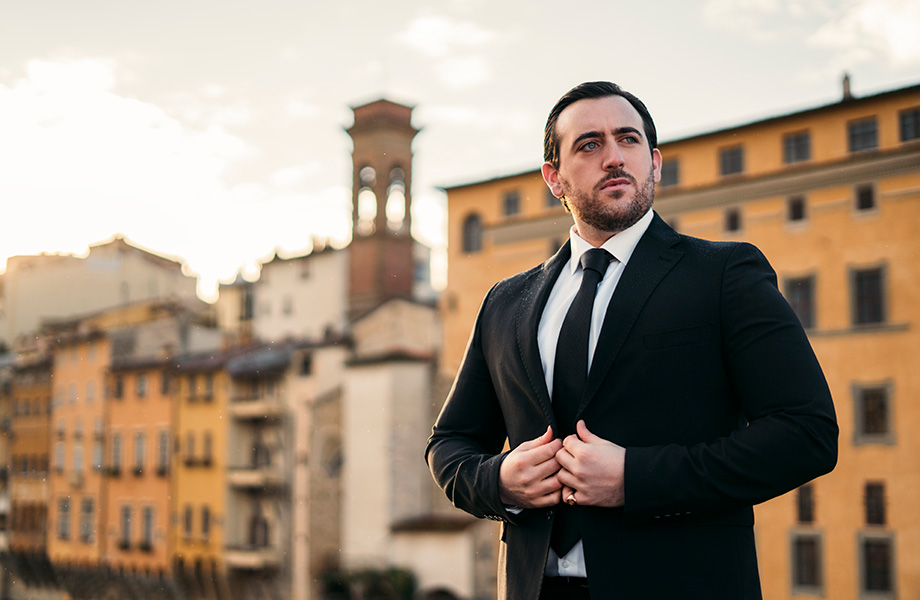
Opera Australia’s appearances in Melbourne have an almost wistful quality these days, given the present closure of the State Theatre. Perhaps OA should take a leaf out of the songbooks of Melbourne Opera and The Australian Ballet and consider hiring the ineradicable Regent Theatre on Collins Street, where AB will soon present Christopher Wheeldon’s new ballet, Oscar (dutiful balletomanes are sure to be dyeing their carnations and perming their locks in preparation for the Wildean opening night on 13 September).
Continue reading for only $10 per month. Subscribe and gain full access to Australian Book Review. Already a subscriber? Sign in. If you need assistance, feel free to contact us.







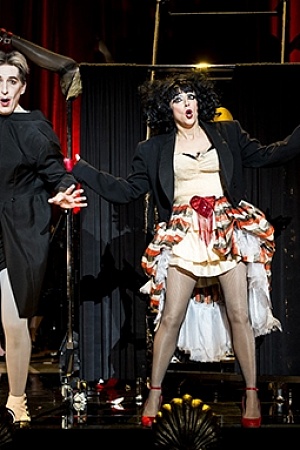
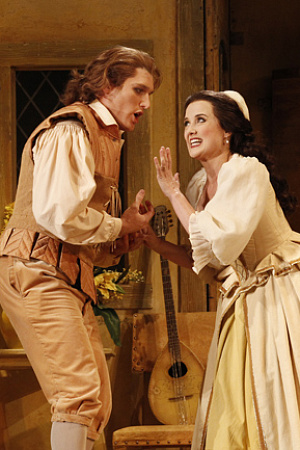
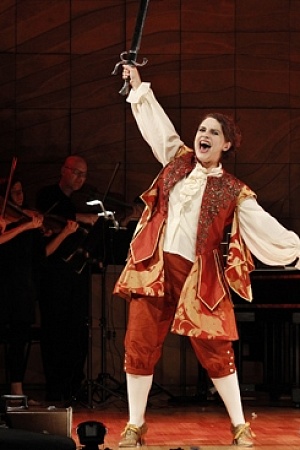
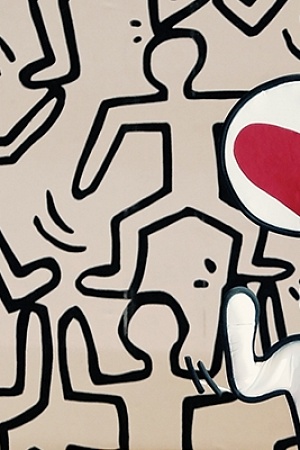
Leave a comment
If you are an ABR subscriber, you will need to sign in to post a comment.
If you have forgotten your sign in details, or if you receive an error message when trying to submit your comment, please email your comment (and the name of the article to which it relates) to ABR Comments. We will review your comment and, subject to approval, we will post it under your name.
Please note that all comments must be approved by ABR and comply with our Terms & Conditions.